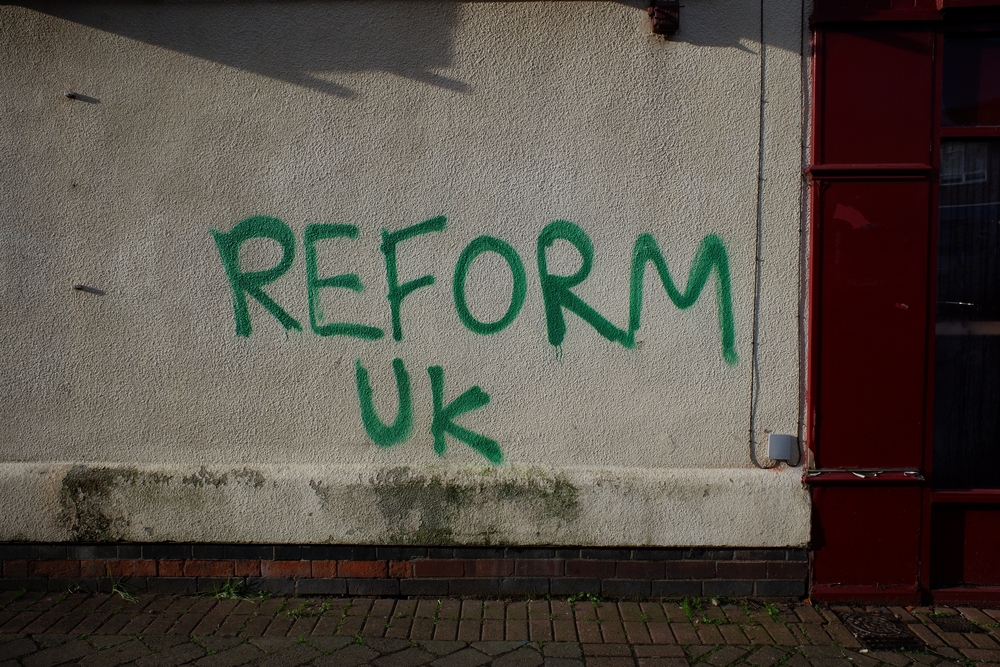According to Bloomberg, detailed polling paired with deprivation indices indicates a rapid break from the Labour-Conservative duopoly. In constituencies containing England’s 50 poorest neighbourhoods, Reform UK is now competitive in the vast majority, while the Greens are also outperforming in low-income areas. Analysts describe the emerging divide as less left-versus-right and more establishment-versus-anti-establishment.

The shift threatens Labour from two directions. Reform channels anger over living costs and migration; the Greens pitch an economic left platform to renters and younger graduates. In several localities, combined support for the two insurgent parties approaches half the vote, reshaping coalitions that have underpinned national elections for decades.
Where parties are rising
• Reform’s strongest advances appear where unemployment is high and investment is thin, including coastal and post-industrial towns.
• Green gains concentrate in inner-city areas with acute income deprivation and heavy housing costs, such as parts of London and Birmingham.
Leaders and messages
Nigel Farage has positioned Reform as the vehicle for disaffection, promising tougher immigration enforcement and portraying Labour and the Conservatives as indistinguishable. Green leader Zack Polanski is courting urban voters with wealth-tax proposals and cost-of-living relief, contrasting with Prime Minister Keir Starmer’s managerial approach.
The picture draws on large-sample MRP (Multilevel Regression and Post-Stratification, a statistical modelling technique) polling mapped against official deprivation indices. While MRP offers seat-level estimates, results remain indicative rather than predictive and can shift as turnout patterns and local dynamics change.
Seats that mix high deprivation, low turnout and volatile past results are most exposed to swings toward Reform or the Greens. Affluent areas remain comparatively stronger for Labour, the Conservatives and the Liberal Democrats, but local races are increasingly three- and four-cornered.
Economic insecurity is redrawing Britain’s political lines. If current trends hold, future contests will hinge less on left–right labels and more on whether voters trust institutions to fix a strained economy or prefer insurgents who promise to disrupt it.

